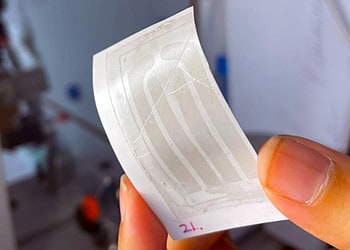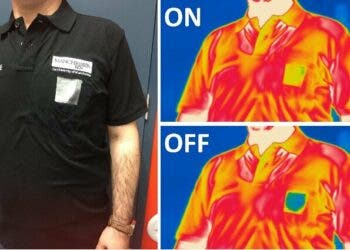A PhD student from Netherlands has demonstrated a technique which could massively cut down the production costs of graphene. With this technique, producing the “wonder material” could be 1,000 times cheaper.

For his thesis, Shou-En Zhu from the Delft University of Technology described a way to create an “endless sheet” of graphene. The way he does it is through chemical vapor deposition on a copper sheet in a way that aligns grahpene crystals together.
Graphene is pure carbon in the form of a very thin one atom thick. Since it was first developed in 2003, it has been praised as a wonder material – and for good reason. It has a myriad of potential applications, including opening a new era for transistors, making the internet faster, and developing a new generation of sensors.
However, there are also significant issues with graphene. The material does provide significant advantages, but at a great cost. Production is expensive, and takes quite a lot of time. The other important issue is that of scalability – in order to achieve commercial success with graphene, production needs to be scaled efficiently. For these reasons, even with remarkable achievements in the lab, we still haven’t seen many graphene products (except for the headphones).
“Although enormous amounts of efforts have been devoted to graphene research, there is still a large gap between academia and industry,” Zhu wrote in his PhD thesis.

The method he developed is not only extremely cheap, but it’s also 10 times faster, and has basically infinite scalability – according to Zhu. He used a low-pressure mix of hydrogen, methane and argon, spraying it over a layer of copper at a temperature of 1,000 degrees Celsius to develop a sheet of graphene. The idea to obtain the material through vapor deposition is not new, but this production method is.
“Now a single piece of graphene costs about €1,000,” Zhu said. “We expect to reduce the price by a factor of a thousand to about €1 per piece in a few years. I want to make graphene real and bring it into daily life. Bring it into products anyone can touch.”
Zhu is set to defend his thesis on the 3rd of March.






